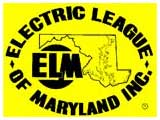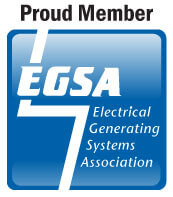As the holiday season approaches, homes and businesses alike light up with festive cheer. From twinkling string lights to powerful outdoor displays, November is the perfect time to bring warmth and sparkle to your space. But before you start untangling those cords, let Little Sparkie Electric, your trusted local electrician, remind you to keep electrical safety at the forefront of your mind and guide you with essential tips and services to keep your electrical systems safe and efficient.
Why Electrical Safety Matters This Season
The increased use of electrical decorations and heaters during the colder months can strain your home’s electrical system. Faulty wiring or overworked outlets are common culprits for accidents, which makes proactive care essential. With Little Sparkie Electric, you can ensure your home is not only merry but also safe for the holidays. To help you stay safe while creating a festive atmosphere, the Little Sparkie Electric team has put together a detailed guide to holiday electrical safety:
1. Inspect Decorations Before Use
Before you deck the halls, take a moment to examine all your lights and cords. Look for:
Frayed Wires: These can spark and ignite, creating a fire hazard.
Loose Connections: Damaged plugs or sockets can lead to electrical shocks.
Burnt-Out Bulbs: Replace any burnt-out bulbs promptly to avoid uneven electrical loads.
Pro Tip: Replace any damaged decorations immediately. It’s better to invest in new, safer options than risk an accident.
2. Use Outdoor-Rated Extension Cords
When setting up outdoor displays, always ensure you’re using extension cords designed specifically for exterior use. These cords are:
Weather-Resistant: Built to withstand moisture and temperature changes.
Durable: Equipped with heavy-duty insulation to handle outdoor conditions.
Never use indoor extension cords outside, as they lack the necessary protection from the elements.
3. Avoid Overloading Circuits
Holiday lights and decorations can draw significant power, and overloading a single circuit increases the risk of overheating or tripping breakers. To prevent this:
Plug decorations into different outlets to spread the load.
Use surge protectors to safeguard your decorations and devices from power surges.
Limit the number of strings connected together. Most manufacturers recommend no more than three light strings per outlet.
Pro Tip: If you’re unsure whether your system can handle the extra load, call Little Sparkie Electric for an inspection or panel upgrade.
4. Unplug Decorations Before Bed or When Leaving Home
Leaving lights or decorations plugged in unattended increases the risk of electrical fires. Get into the habit of:
Turning off all decorations before going to bed.
Using timers to automatically shut off lights at a designated time.
Ensuring any candles or flame-based decorations are extinguished.
Pro Tip: Timers not only enhance safety but can also save energy during the holiday season.
5. Upgrade to LED Lights
If you’re still using traditional incandescent holiday lights, consider upgrading to LEDs. Here’s why:
Energy-Efficient: LEDs use up to 90% less electricity than incandescent bulbs.
Cool to the Touch: Unlike traditional lights, LEDs don’t heat up, reducing the risk of fire.
Long-Lasting: LED lights can last up to 10 times longer, making them a cost-effective choice.
Pro Tip: Look for LED lights with the ENERGY STAR® label for the highest efficiency and safety standards.
Bonus Tip: Secure Cords and Lights Properly
Keep cords and lights away from high-traffic areas to prevent tripping hazards. Use insulated hooks or clips to hang lights instead of nails or staples, which can damage the wires and create a shock risk.
By following these tips, you’ll not only enjoy a beautiful and festive home but also ensure the safety of your family and property. Little Sparkie Electric is here to help with any of your holiday electrical needs, from inspections to installations.
How We Can Help This Holiday Season:
Electrical Inspections
Schedule a comprehensive inspection to identify potential issues before they become hazards. This is especially important if you’re hosting holiday gatherings or using extra appliances.
Troubleshooting and Repairs
Noticed flickering lights or tripped breakers? Don’t wait until the season is in full swing—call Little Sparkie Electric to address the problem right away.
Contact us at 301-606-5181 or visit our website at LittleSparkie.com.
✨ Follow us on social media for more tips, updates, and special offers!
Facebook
Instagram
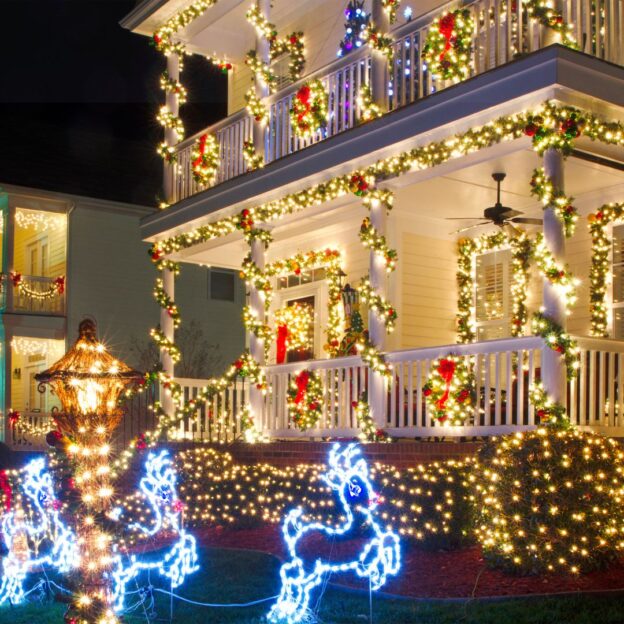
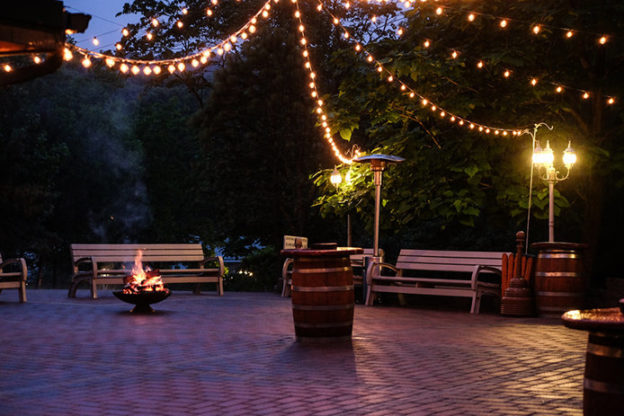
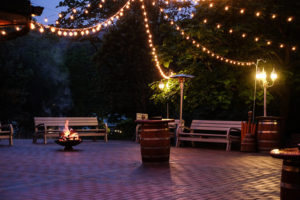
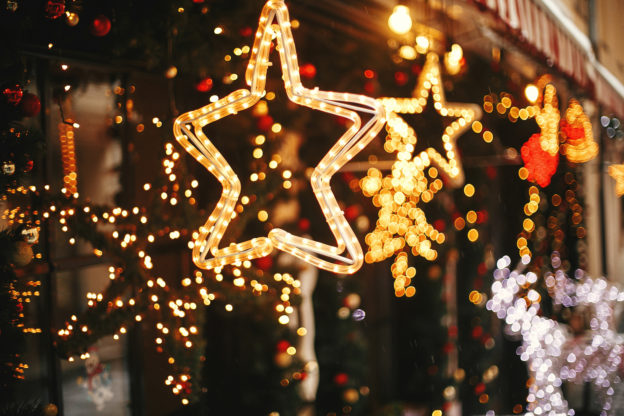
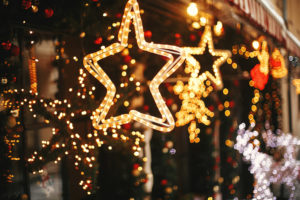
 or bare wires, and loose connections. A break in a hot wire will not trip a standard circuit breaker or blow a fuse, and is thus a fire hazard.
or bare wires, and loose connections. A break in a hot wire will not trip a standard circuit breaker or blow a fuse, and is thus a fire hazard.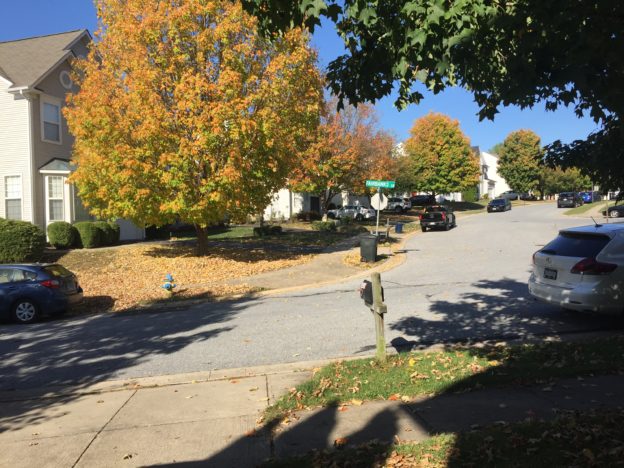
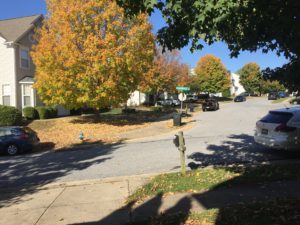 season, it’s good to check your home to make sure it’s ready for winter.
season, it’s good to check your home to make sure it’s ready for winter.
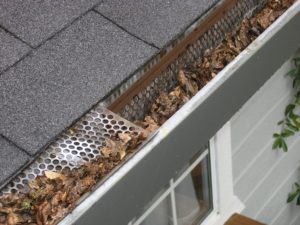

 and torches, landscape lighting and fire pits! Don’t forget dimmers to control the brightness of electric lighting.
and torches, landscape lighting and fire pits! Don’t forget dimmers to control the brightness of electric lighting.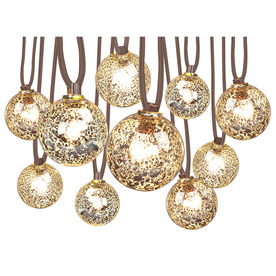 string lights work great draped from a pergola or gazebo and create a fun party atmosphere. A fire pit provides warmth on a chilly night and a secondary place to gather. Use spotlights or floodlights to illuminate trees and shrubs, and to put the finishing touches on your outdoor retreat.
string lights work great draped from a pergola or gazebo and create a fun party atmosphere. A fire pit provides warmth on a chilly night and a secondary place to gather. Use spotlights or floodlights to illuminate trees and shrubs, and to put the finishing touches on your outdoor retreat.
